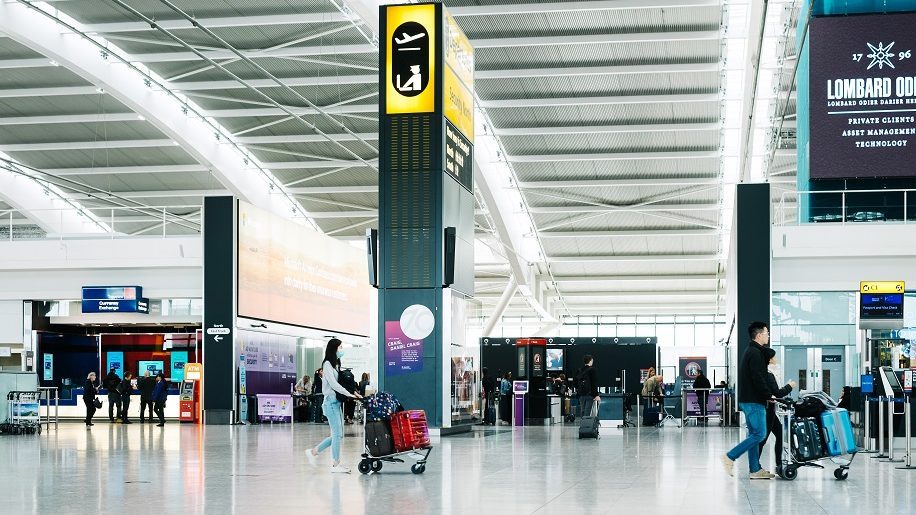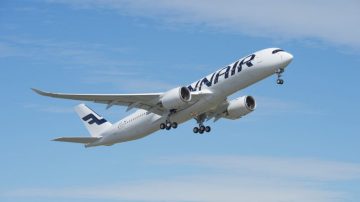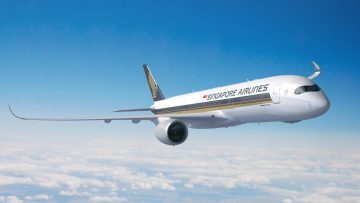
The spread of coronavirus (‘Covid-19’) is causing widespread disruption to aviation and other industries, as well as impacting the plans of travellers around the world.
Airlines are suspending routes and reducing flight frequencies, governments are updating their advice on foreign travel and hotels are offering flexible rebookings.
Measures are also being introduced at airports to address the issue.
Singapore Changi has increased the number of hand sanitisers at the airport, doubled its cleaning procedures and has introduced temperature screening for airport staff, passengers and visitors entering transit areas.
Here’s what Changi Airport is doing to protect travellers from the coronavirus
In the UK, airports have told Business Traveller that any extra measures they introduce are based on guidelines from Public Heath England, an executive agency of the Department of Health and Social Care.
This does not include temperature screenings of passengers, even ones arriving from high-risk countries. This is because expert advice suggests clinical entry screening is of limited effectiveness, and detects only a small minority of cases as symptoms. Symptoms do not usually appear until 5-7 days, and sometimes up to 14 days.
The focus is instead being put on informing residents and travellers of best practise if they develop symptoms while in the UK. Read the latest public guidelines here.
So what is the current advice airports are following?
Public Health England told Business Traveller:
“We are providing airlines and airport operators with posters and leaflets with the latest advice, symptoms and what to do if passengers get them. These materials are provided in English and nine additional languages from affected areas, and are available at all international airports, ports and international train stations.
“We are testing established arrangements already in place for caring for unwell people arriving at airports to make sure the system is ready locally. We are also providing guidance and briefing to staff, so they know what to expect and how best to respond.”
Enhanced monitoring is in place for all direct flights from areas affected outside of Europe, which includes:
- China including Hong Kong
- Iran
- Japan
- Malaysia
- Singapore
- South Korea
- Taiwan
- Thailand
- Vietnam
‘Enhanced monitoring’ requires advance warning to be given of any illness on direct flights from the affected areas. Steps will then be taken to care for the passengers and provide follow-up information if needed.
The process will include:
- Broadcasting of an inflight message encouraging passengers to report any inflight illness.
- Provision of information leaflets to passengers (inflight or upon disembarkation) to enable and encourage reporting of illness at the time of arrival or later should symptoms develop.
- Early warning by the pilot of any passenger illness as soon as possible from aircraft in transit. A response (nil or otherwise) is requested no later than 60 mins before arrival time to allow medical staff to be ready to respond if needed and provide assurance.
- The pilot will flag any unwell passengers to the duty doctor at the Heathrow Health Control Unit who will only allow disembarkation after a risk assessment.
- If anyone is flagged as being unwell, they will be met by a medical team who will assess the person and taken for appropriate treatment.
Read our latest coverage of how coronavirus is impacting airlines and hotels.
Have your travel plans been affected by the outbreak? Let us know in comments.












